UNITIVE LEADERSHIP
Emerging Vision for Unitive Leadership
Convener: Jodi Smith Jodi Smith is a lawyer and she taught law and leadership at the Univ. of Richmond. She is largely responsible for creating the initial version of Unitive Leadership. These leadership tools can be applied in any setting. Jodi is now a leader in a national non-profit called The Mended Hearts, Inc. that provides emotional support, education, advocacy and connection to resources for families who have members, children or adults, with serious heart problems.
Unitive Justice Theory is a new paradigm for leadership based on strong principles (called Arcs) and comprehensive conflict management practices that, if embraced, can transform communities. Unitive Leadership is designed to create leaders who embody unitive principles and foster them wherever they lead—in businesses, non-profits, community organizations, churches, and even in their personal lives. While some people are born with effective leadership skills, leadership skills can be learned, as well. Good leaders, in fact, never stop learning ways to lead people so that everyone they lead benefits from their leadership.
Today, we too often see leaders who are not unitive—their use of control and hierarchy benefits some and excludes others, they use deception and distrust to manipulate, and they permit judgment and self-interest to dominate at the expense of community. Still, there is a growing number of leaders embodying a new way of leading using many of the qualities of Unitive Leadership. Unitive Leadership allows us to transform organizations from just another punitive structure to one of unity and harmony, held together by connection. Because we can transform any community with Unitive Leadership, the opportunities are boundless.
Unitive Leadership brings diverse people together and allows them to achieve common goals. Unitive Leaders create synergy so the sum of the whole—that which is accomplished together—is greater than the sum of the individual parts. Each person in the community is able to harness their potential.
Unitive Leaders use conflict for growth, and this results in increased productivity rather than the conflict being a destructive force. When we have the tools to walk toward conflict, we discover that it contains valuable information about what is broken and how we can fix it.
When Unitive Leaders empower people in the community, communication is open and effective. Communication is the key to solving problems—having conversations about what matters. Susan Scott, author of the national bestseller, Fierce Conversations: Achieving Success at Work & in Life, One Conversation at a Time, says “conversations are the relationship,” and the conversations we have, and those we don’t have, can greatly impact our organizations and communities. Unitive Leadership holds a safe space for honest communications that leads to mutually beneficial outcomes in which no one has to lose.
Quick and easy solutions might work temporarily, or even for a period of time, but when problems persist underneath the surface, they will re-emerge at some point; and the damage that a long-festering problem can do has devastating potential. Unitive Leaders take the time to look at the underlying context of problems to develop lasting solutions.
When Unitive Leadership is used in organizations, leaders understand that organizations are not merely products and/or services but the people who make up the organization and who are served by it—employees, customers, and the community. Unitive leaders find ways to engage and care for those very people to foster connection, cooperation, communication and a recognition of our shared humanity. When leaders do this, we create organizations that are far more likely to be successful, organizations with engaged and committed members, employees, parishioners—whatever and wherever the endeavor.
